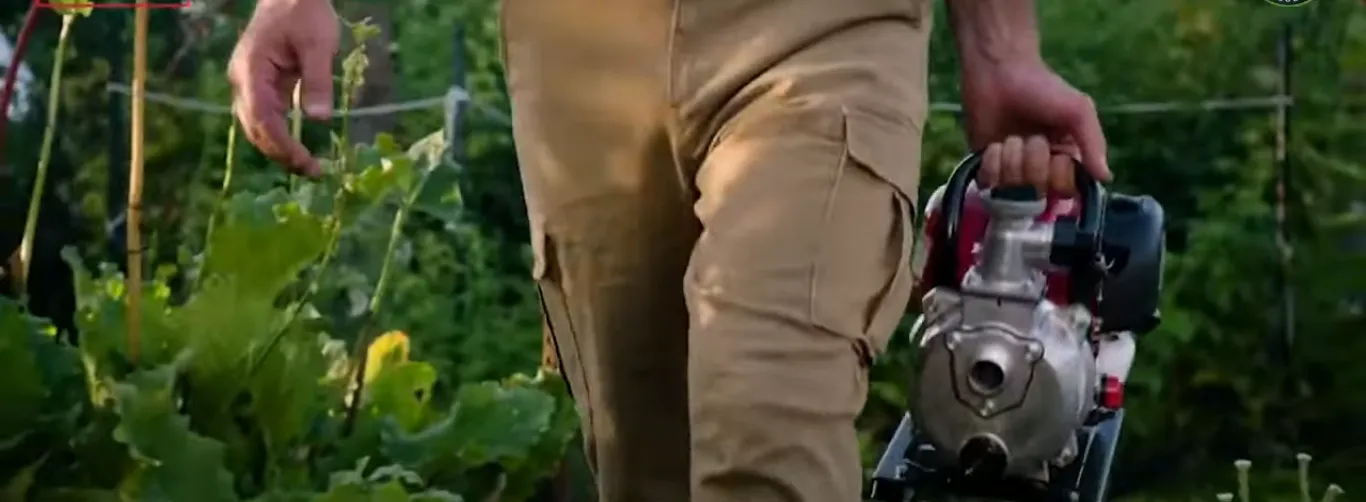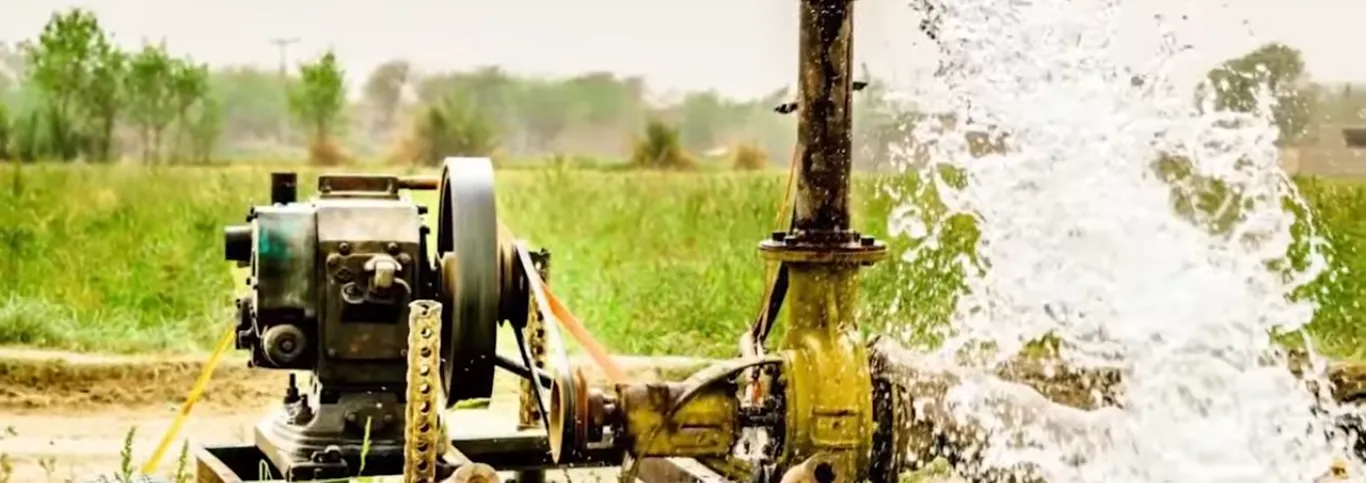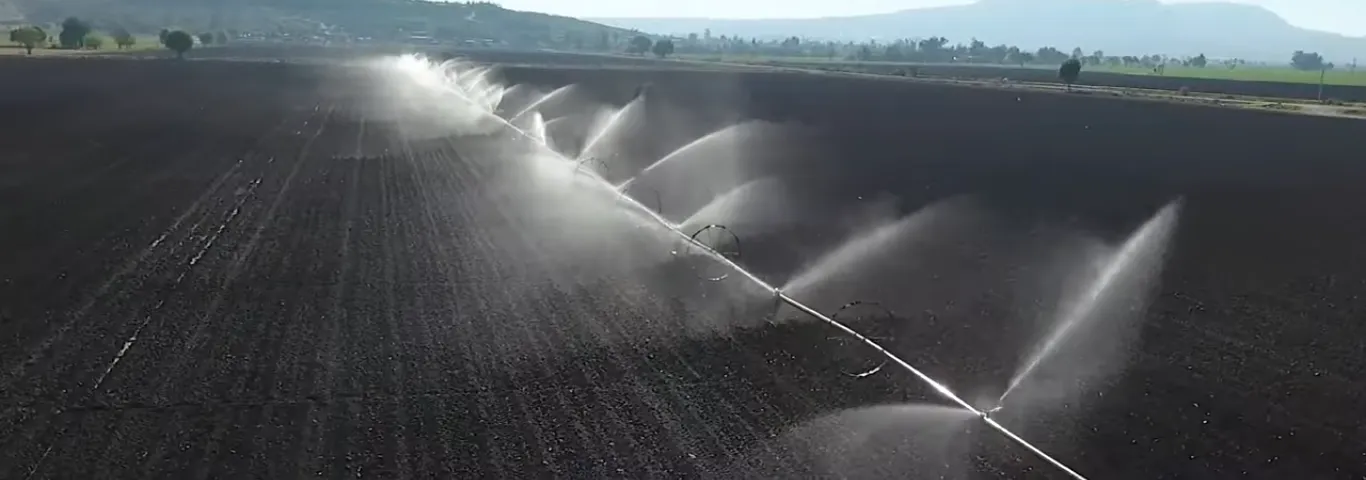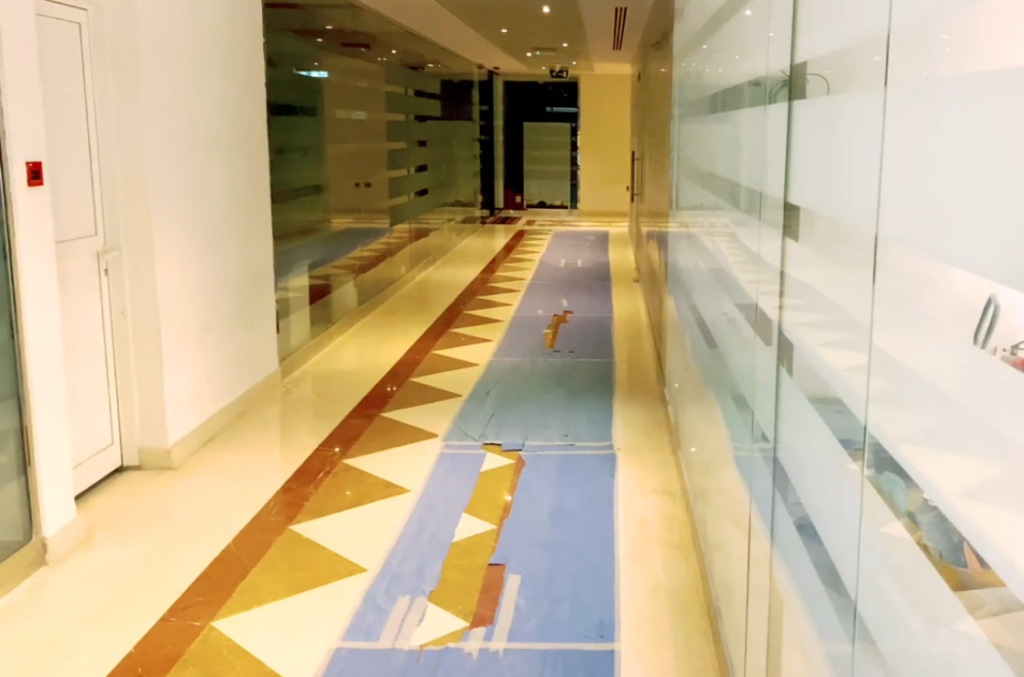Maximize your water efficiency with the best pump for drip irrigation system. Learn how the right pump ensures proper hydration for landscapes in Dubai.
Introduction to Pump for Drip Irrigation System
Every garden and landscape requires the right irrigation to thrive, especially in places like Dubai, where water is a precious resource. Choosing a pump for drip irrigation system is key to ensuring water is delivered efficiently to each plant, saving water while maintaining a lush and vibrant garden. This article delves into the essentials of drip irrigation pumps, giving homeowners and businesses the know-how to make informed choices.
Why Use a Pump for Drip Irrigation System?
Drip irrigation systems are ideal for both residential gardens and commercial properties in Dubai because they provide a slow, controlled release of water directly to the plant’s roots. But without the right pump, this system can lose its effectiveness. The pump for drip irrigation system helps maintain consistent water pressure, ensuring that each plant receives the necessary amount of hydration, especially in larger landscapes.
Benefits of a Pump for Drip Irrigation
-
Water Efficiency
Drip systems already save water, but the pump maximizes efficiency by delivering just the right amount of pressure.
-
Cost-Effective
Proper water distribution reduces water waste, lowering monthly utility bills.
-
Healthier Plants
By giving plants just the right amount of water, pumps prevent over-watering or under-watering, both of which can harm plant health.
Types of Pumps for Drip Irrigation Systems
There are several types of pumps for drip irrigation systems available, each catering to different needs based on the size and type of your landscape.
Centrifugal Pumps
These are the most common pumps for residential drip irrigation. They use an impeller to move water and are perfect for homeowners looking for a simple and affordable solution.
Submersible Pumps
Submersible pumps work well for landscapes that have water sources like wells or water tanks. They operate underwater, making them both efficient and quiet. If someone is tired of hearing that annoying pump noise, this might be a lifesaver!
Booster Pumps
For larger commercial properties with more demanding irrigation needs, booster pumps ensure that water pressure remains strong across the entire system. You wouldn’t want plants in one corner of your garden getting all the attention while the others dry out like they’re stuck in a desert!
Choosing the Right Pump for Drip Irrigation System
Not all pumps are created equal, and selecting the right one requires a bit of homework (but don’t worry, no tests!). Here’s a simple checklist to follow:
Determine Water Pressure Requirements
Measure the total area of your landscape and the water pressure required to cover it. For small gardens, a centrifugal pump may suffice, while commercial spaces might need a booster pump.
Check Water Source
Whether you’re pulling water from a well, tank, or city supply, each water source has different flow and pressure characteristics. A submersible pump is best for deep wells, while centrifugal pumps work well with shallow sources.
Energy Efficiency
Choose a pump that balances power with efficiency. While a pump for drip irrigation system needs to be powerful enough to cover your landscape, you also want to avoid skyrocketing energy bills.
Maintenance and Durability
The last thing anyone needs is a pump breaking down in the middle of a Dubai summer! Choose a pump that’s durable and requires minimal maintenance, saving both time and hassle.
Installation of a Pump for Drip Irrigation System
Installing a pump for your drip irrigation system might sound like a daunting task, but with the right tools (and a little bit of courage), it’s fairly straightforward. It involves:
Positioning the Pump
Place it near the water source for optimal pressure.
Connecting the Pipes
Attach the pump to the irrigation system’s mainline.
Electrical Wiring
Ensure it’s safely connected to a power source.
Testing the System
Once everything is set, test the pump to make sure water flows evenly across the landscape. A tip? Don’t test it while wearing your best shoes—splashing is inevitable!
Maintenance Tips for Longevity
Even the best pump for drip irrigation system will need some TLC (tender loving care). Regularly checking for leaks, cleaning out filters, and keeping the electrical connections dry will keep it working for years. After all, no one wants their garden pump quitting on them during a heatwave!
Conclusion
Choosing the right pump for drip irrigation system can be the difference between a thriving landscape and one that’s struggling to survive. With the right pump, water is distributed efficiently and effectively, saving time, money, and effort. Whether for a small residential garden or a sprawling commercial property, selecting the proper pump ensures the health and beauty of the landscape.
For more guidance or professional installation of a drip irrigation pump, feel free to reach out to KSA Landscape & Gardening L.L.C. at +971586915520. Your garden (and wallet) will thank you later!
FAQs
How do I know which pump size is right for my drip irrigation system?
The size depends on your landscape’s water pressure requirements and the area you’re watering. Consulting with an irrigation expert is a good idea for larger commercial spaces.
Can I install a pump for drip irrigation myself?
Yes! Installation is straightforward for small gardens, but for larger systems or if connecting to wells, professional help might be needed.
How often should the pump be serviced?
Regular servicing is recommended every 6-12 months, especially before Dubai’s summer season hits. Checking for leaks and cleaning filters helps maintain performance.
Are pumps noisy?
Some are, but submersible pumps tend to be quieter since they operate underwater. Choosing the right model can reduce noise in residential settings.
Can a pump for drip irrigation system save on water bills?
Absolutely! A well-maintained pump ensures efficient water usage, reducing both waste and costs.



